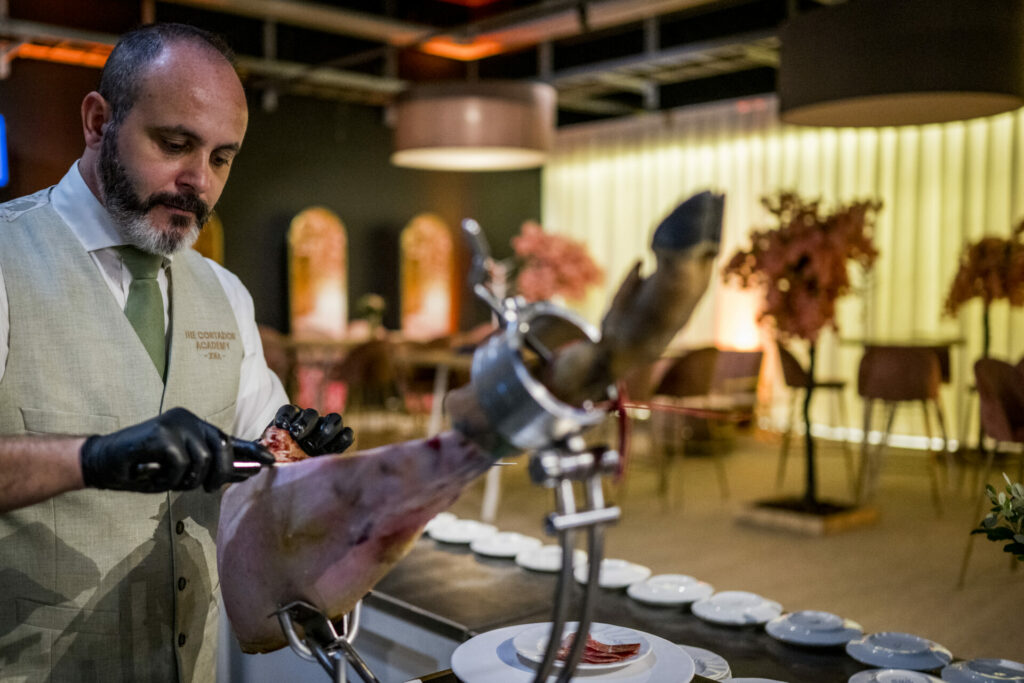In a changing economic landscape, Belgian restaurants are making strategic moves to maintain their profitability, and one such shift involves charging for once complimentary items such as bread and butter.
Although it is not yet widespread, an increasing number of establishments are embracing this change, driven by the need to address food waste and offset rising costs. "It is still far from being a common practice, but more restaurants are gradually going down that road," hospitality consultant Gino Vermeulen told Het Nieuwsblad.
The motivation behind this change is twofold. Angus Wittevrongel of fish restaurant Julia in Sint-Idesbald on the Belgian coast recognised the issue of food waste in his own establishment. For years, he offered free bread and butter, only to see a significant amount of it end up in the bin. To combat the problem, he decided to introduce a €3 supplement for bread. Initially, there was criticism, but once the rationale of reducing food waste became clear, diners began to understand and accept the change.
Wittevrongel's decision is not an isolated case. Giuliano Bruno, owner of the Italian restaurant chain Giuliano, initiated a similar charge for bread and butter last year. He cited substantial cost inflation and food waste as the primary drivers behind the move, and the change has resulted in significant savings for his business.
While the move to charge for bread is motivated by reducing waste, it also provides economic benefits for restaurants. "We used to pay up to €1,400 a month for bread, now it's €350 to €400," Wittevrongel told Het Nieuwsblad. "More importantly, it makes people realise that there is no such thing as 'free'. They approach it with more respect and are less likely to throw it away."
Two-shift trends
In addition to these adjustments, the Belgian restaurant industry is also witnessing a growing trend of adopting a two-shift system. Restaurants are increasingly scheduling early and late dining slots, typically at 18:00 and 20:00. This change allows them to maximize their limited space, cater to a broader customer base, and ensure profitability in the face of rising operational costs.
"We don't have that much space. If I don't work shifts, it's going to be hard to pay my bills," Betty Martinez of restaurant Corazon de Melon told Gazet van Antwerpen, emphasising the need for this two-shift system. Rising costs for ingredients, energy and staff have put pressure on restaurant owners to find new ways to manage their businesses effectively.
Alexander Albicher of De Buren added that Belgium's economic landscape has changed significantly in recent years. The two-shift system enables them to control costs while serving a more extensive customer base.
Related News
- Mandatory orange bag almost doubles amount of organic waste collected in Brussels
- Belgian supermarkets donated 33 million meals to disadvantaged people in 2022
While this shift may be an adjustment for both restaurant staff and diners, many customers understand and appreciate the reasons behind the change. Transparency about the shift system and flexible options help accommodate various diner preferences.
As the Belgian catering industry continues to evolve, these strategic changes are essential for restaurants to thrive in a challenging economic environment while maintaining a focus on reducing food waste.

